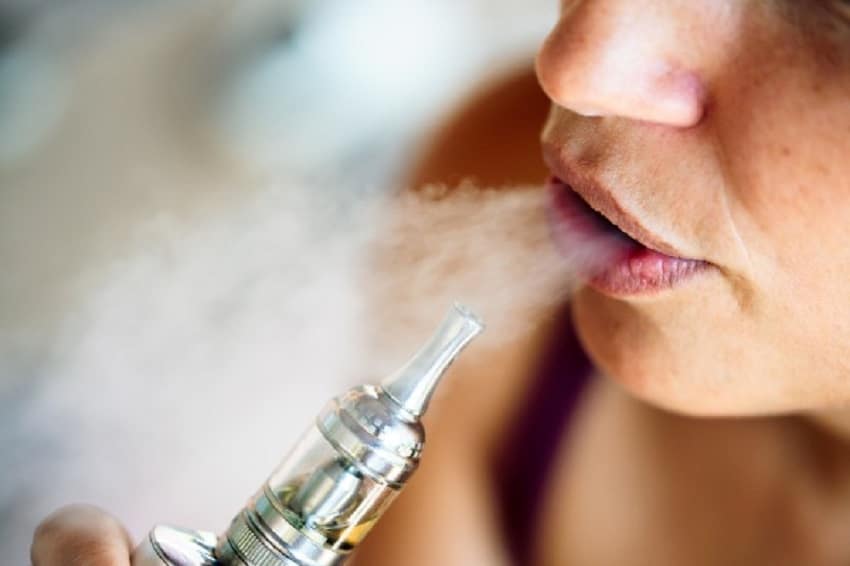Summary of nicotine
Lots of people link nicotine to cancer, especially cancer of the lung. Nicotine is among many chemicals in raw tobacco leaves. It survives the manufacturing processes that leave cigarettes, cigars, and snuff. It’s the addictive element of any type of tobacco.
Researchers are searching at just how nicotine plays a role in the introduction of cancer. While it might be too soon to state nicotine causes cancer, questions are now being elevated about how exactly caffeine functions in non-tobacco forms like e-cigarettes and nicotine-substitute patches. Researchers are finding the link between nicotine and cancer is much more complicated than generally thought.
Does nicotine cause cancer?
Nicotine exerts its effects via a chemical path that releases dopamine towards the body’s central nervous system. Repeated contact with nicotine creates a dependence and withdrawal response. This fact is familiar to anybody that has tried to quit cigarette smoking products. Increasingly more, scientists are demonstrating nicotine’s forces beyond its addictiveness. Recent studiesTrusted Source claim that nicotine has lots of cancer-causing effects:
In small doses, nicotine accelerates cell growth. In bigger doses, it’s poisonous to cells.
Nicotine kick-starts a procedure known as epithelial-mesenchymal transition (EMT). EMT is among the important stages in the road toward malignant cell growth.
- Nicotine lessens the tumor suppressor CHK2. This might allow nicotine to beat among the body’s natureal defenses against cancer.
- Nicotine can abnormally accelerate the development of recent cells. It has been proven in tumor cells within the breast, colon, and lung.
- Nicotine can lower the potency of cancer treatment.
So how exactly does tobacco cause cancer of the lung?
Scientists saw a hyperlink between cancer, especially cancer of the lung, and tobacco lengthy before they determined how the relationship labored. Today, it’s known that cigarettes contains a minimum of 70 cancer-causing chemicals. The lengthy-term contact with these chemicals is believed to create the cell mutations that cause cancer.
Tar may be the residue that’s left out inside your lung area in the incomplete burning from the chemicals inside a cigarette. Chemicals within the tar cause biological and physical damage around the lung area. This damage may encourage tumors making it hard for that lung area to grow and contract correctly.
How you can stop smoking
If the following habits affect you, you might be hooked on nicotine:
- you smoke within the first 5 minutes after waking
- you smoke despite illness, for example respiratory system infections
- you wake throughout the night to smoke
- you smoke to lessen withdrawal signs and symptoms
- you smoke greater than a pack of any nicotine products each day
When you choose to stop smoking, part one of the body involved is the mind. The American Cancer Society’s road to quitting tobacco starts with how you can psychologically prepare to complete the job.
1. Choose to stop smoking
Resolving to stop smoking is really a deliberate and effective act. Write lower las vegas dui attorney wish to quit. Complete details. For instance, describe the health advantages or financial savings you’re expecting. The justifications can help in case your resolve starts to weaken.
2. Pick a day-to quit
Choose a day over the following month to start existence like a nonsmoker. Stopping smoking is a huge deal, and you ought to address it this way. Have time for you to prepare, but don’t plan it to date ahead of time that you’re enticed to modify your mind. Tell a buddy regarding your quit day.
3. Possess a plan
There are several quitting strategies to select from. Consider nicotine substitute therapy (NRT), prescription medications, quitting cold poultry, or hypnosis or any other alternative therapies.
Popular prescription quitting smoking drugs include bupropion and varenicline (Chantix). Engage with your physician to build up the very best treatment for you.
4. Get help
Make the most of counseling, organizations, telephone quit lines, and self-help literature. Here are a few websites that will assist you inside your effort to stop smoking:
Smokefree.gov
- American Lung Association: How you can Stop Smoking
- American Cancer Society: Stopping Smoking: Help for Cravings and hard Situations
- Dealing with nicotine withdrawal »
- Health advantages of stopping smoking
The U . s . Kingdom’s Nhs summarizes the health advantages that begin the day you choose to stop smoking and continue for many years:
After twenty minutes: Your pulse rate returns to normalcy.
After 8 hrs: Nicotine and deadly carbon monoxide levels inside your bloodstream reduce by over fifty percent. Oxygen levels go back to normal.
After 48 hrs: Deadly carbon monoxide and nicotine are eliminated out of your body. Mucus along with other smoking debris start to obvious out of your lung area. Your senses of taste improve.
- After 72 hrs: You breathe simpler. Breathing tubes relax as well as your energy increases.
- After 2 to 12 days: Your circulation improves.
- After 3 to 9 several weeks: Breathing increases around 10 %.
- After 12 months: Your chance of cardiovascular disease is all about half what smoker.
- After ten years: Your chance of cancer of the lung is half what smoker.
- After fifteen years: Your chance of cardiac arrest is one of the same as somebody who hasn’t smoked.
Main point here
Research proceeds the impacts of nicotine use and great ways to quit.
While scientists still read the effects nicotine is wearing cancer, cancer-causing aspects of tobacco are very well-known. The best choice would be to quit all cigarettes and tobacco products to reduce your likelihood of developing cancer. If you have cancer, stopping smoking might help your treatment become more effective.

